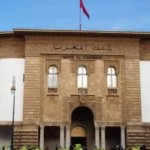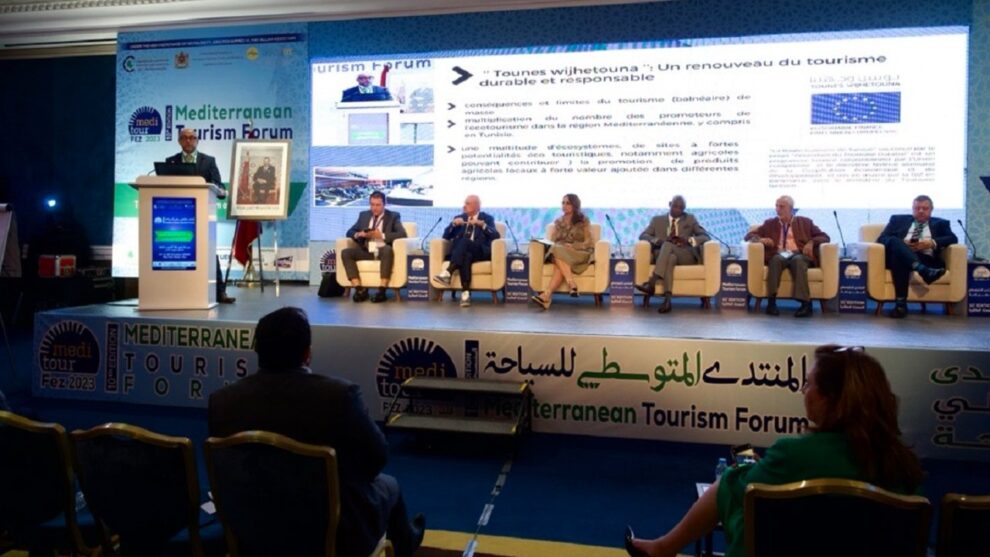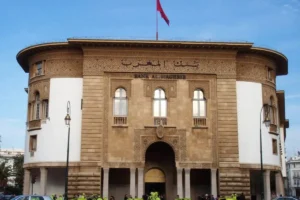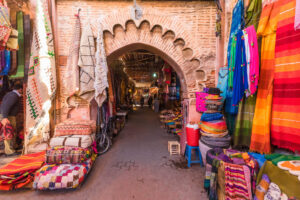The Mediterranean Forum organised in Fez focused, on the second day, on nature and sports tourism as an essential lever to accelerate Morocco’s economic growth. The experts who took the floor called for the adventure of ecotourism, which relies on digitalisation and innovation, as well as opening up to successful experiences in this specific field of the tourism industry in the world in order to turn it into an inclusive, sustainable and solidarity-based economy in its depths.
“Transforming tourism into a social and solidarity-based economic sector requires consolidating advanced regionalisation through balanced and sustainable development that encompasses all areas, even the unknown, in each of Morocco’s twelve regions,” said Abderrazak Benataya, professor at the Higher Institute of Tourism in Tangier (ISITT), opening the debate on rural tourism as the ecological and solidarity-based face of the tourism sector.
The case of Taliouine is an example where the vision of rural development and the commercialisation of local products such as saffron is applied. In an area of 1800 hectares, 5 tonnes of Morocco’s red gold are produced annually. However, this social project that aims to preserve the identity and culture of the region still needs more visibility to make the area an attractive destination for both Moroccan and foreign visitors.
Salima Hammoujite, a consultant specialising in tourism and vocational training, began by underlining the dynamics of nature and sports tourism as a tool for the development of the national and regional economy and the prevention of mass tourism in the Mediterranean basin, in order to define the three potentialities of Morocco in the field of nature and sports tourism, which she classified as the water route with the springs of Sidi Harazem, Ain Salama and Mulay Yaakoub, the olive oil route and the wine route in the region of Fez Meknes.
The president of the Italian Chamber of Commerce in Morocco, Giulio Frascatani, expressed his keen interest in consolidating relations between the chambers of commerce in Morocco and their counterparts in Italy. In this regard, he said that the great challenge facing tourism is the reality of the world today, mentioning the alarming data of the two billion inhabitants of the planet living in war, in addition to the rate of illiteracy and poverty that remains worrying.
The Secretary General of the Association of Mediterranean Chambers of Commerce ESCAME, Dayana Truyol, presented the innovative MEDUSA project, which is part of the development and promotion of sustainable adventure tourism in the Mediterranean. Launched in September 2019, the project currently involves five countries, namely Spain, Jordan, Lebanon, Italy and Tunisia.
The ambassador director of Partnerships and Economic and Cultural Affairs at the Ministry of Foreign Affairs of Senegal, Babacar Ba, emphasised the major projects and reforms carried out by the State in the fields of infrastructure, trade, vocational training, tourism and other areas, which are part of the Senegalese Emergency Plan. Babacar expressed the interest of those responsible for the tourism sector in Senegal in collaborating and cooperating with their Moroccan counterparts in the field of sports tourism, consolidating together a strong commitment to sustainability as a real driving force for development.
Another suggestion for collaboration was proposed by the Director General of the Chamber of Commerce of Capo Bon in Tunisia, Hassen Moez, after signing a memorandum of understanding with the Chamber of Commerce of Fez Meknes. The idea is to work on ecotourism, be it sporting, natural or cultural, without losing sight of the culinary route as a model of virtuous tourism and a very important factor of attraction to be taken into account when promoting this type of tourism, he explained.
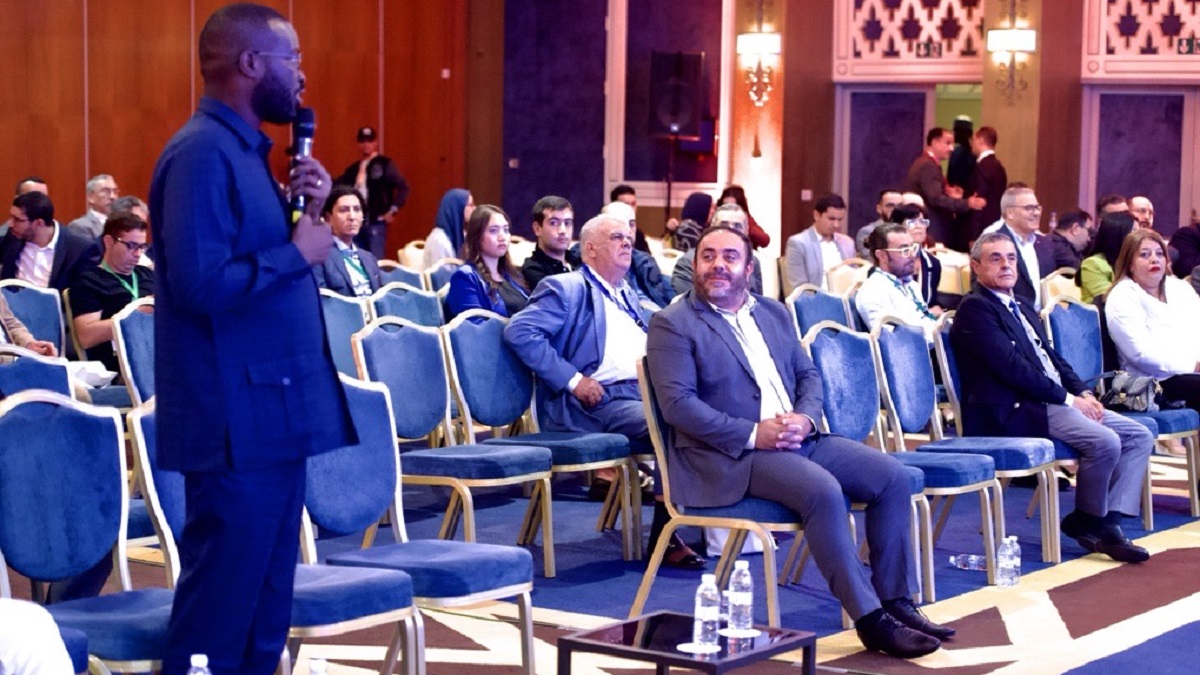
The recommendations of the second day of the MediTour Forum advocate, for the most part, ecotourism as an economic alternative of great relevance not only for the countries of the Mediterranean, but also as a useful mechanism for the development of the Fez Meknes region. However, these measures, which aim to create more space for rural and sports tourism, are held back by the challenges of territorial disparity, the problem of governance, and the lack of support for SMEs and micro-enterprises.
Between golf, paddle tennis, surfing, football and other sports, Morocco is developing sports tourism thanks to the organisation of sporting activities and events on a global scale. In this context, the Forum sees the organisation of the African Cup of Nations 2025 and the World Cup 2030 as very significant impulses for the advancement and prosperity of this new range of tourism that adapts to climate change and new trends to protect the planet and contribute to improving human health.
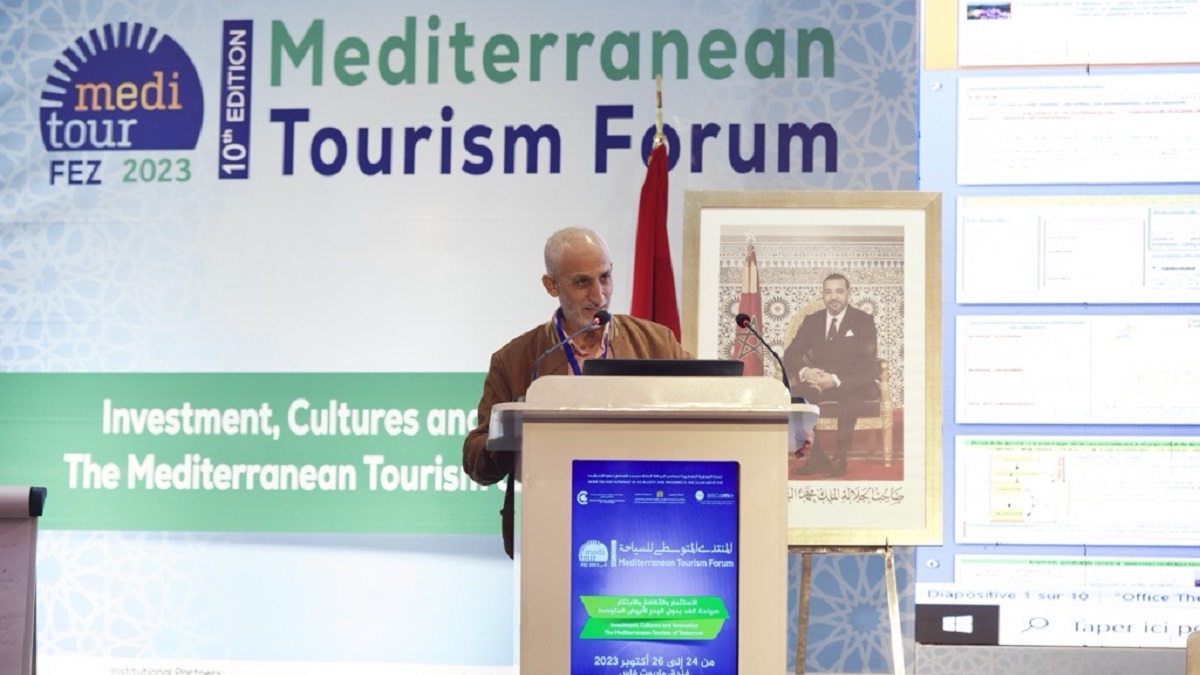
A new branch needs new competencies that harmonise with the technological milestone that the world economy is experiencing. Therefore, the MediTour shed light on innovation and digitalisation as essential tools for the creation of attractive tourist centres with sustainable and equitable performance in discussions between experts in the field.
The development of this type of tourism projects requires, according to the specialists taking part in the panel on innovation and digitisation as accelerators of tourism development, a well-trained human capital with the necessary skills to move forward in these creative initiatives, taking into account the new emerging professions.
The solutions that are seen as appropriate to better address these challenges begin with the revaluation of human capital in the sector, ensuring continuous training and generalising e-learning, which has become the gateway to digitisation.
Source: Atalayar

